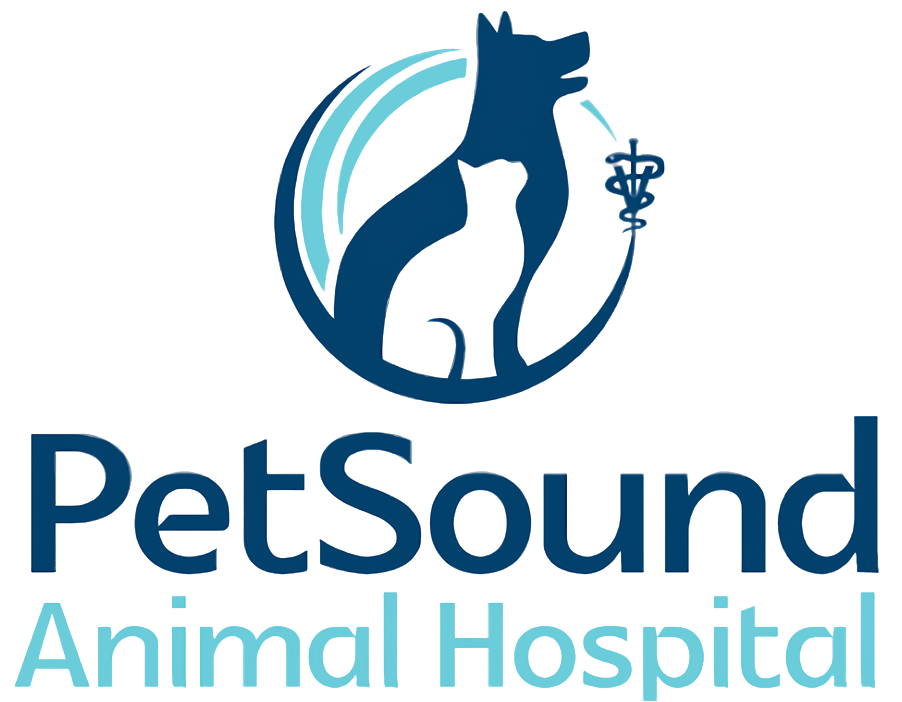Articles
-
Nitrofurantoin is an antibiotic used to treat bacterial urinary bladder infections. It is typically used as a second-line antibiotic, when broad-spectrum antibiotics have not cleared the infection. It is used “off label” or “extra label” in veterinary medicine. Nitrofurantoin comes in capsule or liquid forms given orally. Never use in food-producing animals or animals intended for food.
-
Nitrofurazone topical (brand names Fura-Septin®, Furazone, others), is an antimicrobial used to treat surface bacterial infections, wounds, and skin ulcers in dogs. Some products may be labeled for use in cats. Nitrofurazone topical comes in ointment and powder forms. It is prohibited for use in food-producing animals.
-
Nizatidine is a histamine-2 (H2) blocker antacid used to help prevent and/or treat stomach ulcers in cats and dogs. It may also be used as a prokinetic agent to help empty the stomach. It is used off label (extra label) in veterinary medicine. Nizatidine comes in oral capsule, tablet, and liquid forms.
-
No Scoot® Supplement Powder (No Scoot® Supplement Powder Plus Pumpkin for Dogs) is a dietary supplement for dogs that helps to support normal bowel movements as well as anal gland health and function. It contains a blend of ingredients including flaxseed, psyllium husk, pumpkin and dandelion root and other sources of crude fiber. It is given orally.
-
Nose Bleeds (Epistaxis) in dogs can be extremely unsettling for the pet owner. Most acute (sudden) nosebleeds are caused by simple trauma or by upper respiratory tract infections. This handout discusses nosebleeds in dogs, the various causes of this condition, first aid recommendations and possible testing to find the root cause of the problem.
-
Nonsteroidal anti-inflammatory drugs (NSAIDs) are most often used to reduce pain, inflammation, and fever, much like how ibuprofen and naproxen are used by humans. In pets, they are most used around surgical procedures, after injury, or to help manage chronic pain such as that of osteoarthritis. Risks and potential side effects are discussed.
-
The term 'nutraceutical' was coined to represent compounds found in food and herbs that are not technically considered nutrients, such as vitamins or minerals, but may have a profoundly beneficial impact on the health of the body. Common examples of nutraceuticals include glucosamine, which is used in the treatment of arthritic conditions for both dogs and cats, and antioxidant compounds, that help in the prevention of cancer.
-
A nutraceutical is a food or food product that reportedly provides health and medical benefits. Specific nutraceuticals are commonly used in the management of osteoarthritis in dogs. Because nutraceuticals are not subjected to the same testing and regulation as pharmaceuticals, it is always best to consult your veterinarian before giving any to your dog.
-
Nutritional changes can improve the management and treatment of pancreatic diseases in dogs. To prevent chronic pancreatitis relapses, diet adjustments will be necessary. Diet factors for managing exocrine pancreatic insufficiency, diabetes mellitus, pancreatitis, and insulinoma are discussed. Recommendations for feeding diabetic dogs and approaching hypoglycemia are also described.
-
This handout summarizes the strong link between good nutrition and healthy skin and fur. Issues dealing with skin are a very common reason for visits to the vet, and the role of diet and supplementation in treating these conditions are highlighted.

